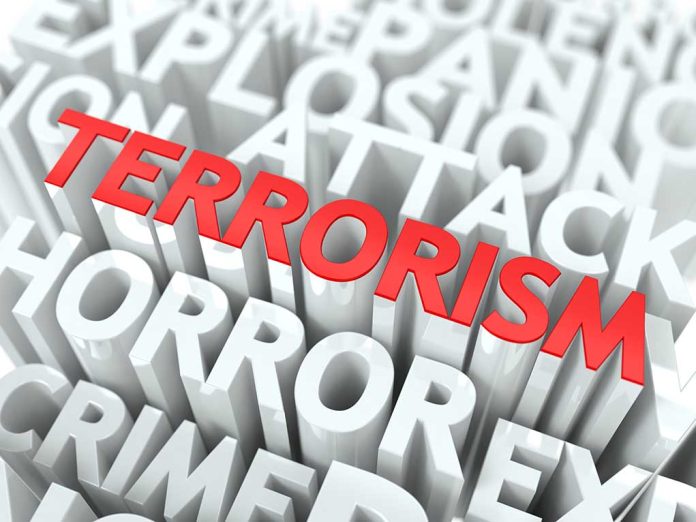
At least 40 farmers were brutally killed in Nigeria’s Borno State, raising urgent calls for military intervention and heightened security measures.
At a Glance
- Boko Haram and ISWAP militants suspected in the attack on farmers near Lake Chad
- Governor Babagana Umara Zulum urges civilians to remain in designated safe zones
- State officials launch investigation and seek military intervention
- Conflict has displaced over two million people
Deadly Attack on Farmers in Borno State
A devastating attack unfolded in Nigeria’s Borno State over the weekend, resulting in the deaths of at least 40 farmers. The assault, carried out in Dumba near the shores of Lake Chad, is believed to be the work of Boko Haram militants and the Islamic State West Africa Province (ISWAP), an affiliate of ISIL. This region has long been plagued by insurgent activity and the presence of landmines, making it a perilous area for civilians.
The attack has prompted immediate action from state officials, who are now working to reunite survivors with their families and have ordered soldiers to track and eliminate the insurgents responsible. Governor Babagana Umara Zulum has called for a thorough investigation into the incident, emphasizing the critical need for enhanced security measures to protect vulnerable communities.
Safe Zones and Military Response
In response to the attack, Governor Zulum has stressed the importance of civilians remaining within designated safe zones established by the armed forces. This tragic event highlights the ongoing dangers faced by those venturing outside these protected areas, particularly in regions known to be hideouts for terrorist groups like Boko Haram and ISWAP.
The state government has taken swift action, ordering military personnel to intensify efforts to track down and neutralize the insurgents responsible for this atrocity. This renewed focus on military intervention underscores the persistent threat posed by extremist groups in the region and the ongoing struggle to maintain security in northeastern Nigeria.
Long-standing Conflict and Its Impact
The recent attack is a grim reminder of the long-standing conflict that has plagued Borno State and the surrounding areas. Boko Haram began its insurgency in 2009, opposing Western education and promoting their interpretation of Islamic law. Since then, the conflict has had devastating consequences for the region.
According to United Nations reports, the insurgency has resulted in the deaths of approximately 35,000 civilians and the displacement of over two million people in northeastern Nigeria alone. These staggering figures highlight the profound impact of the conflict on the region’s population and the urgent need for lasting solutions to restore peace and stability.
Challenges for Agriculture and Food Security
The targeting of farmers in this recent attack underscores the severe challenges faced by the agricultural sector in Borno State. With Lake Chad serving as a known hideout for militant groups, farmers in the region are caught between the need to cultivate their lands and the ever-present threat of violence. This precarious situation not only endangers lives but also poses significant risks to food security in the region.
As the state government and military forces work to address the immediate aftermath of the attack, long-term strategies must be developed to protect farmers and ensure the sustainability of agricultural activities in the region. The balance between security measures and economic necessity remains a critical challenge for local authorities and the Nigerian government as a whole.
Sources:
Jihadists Kill At Least 40 Farmers In Northeast Nigeria
Armed groups kill at least 40 farmers in Nigeria’s Borno State







